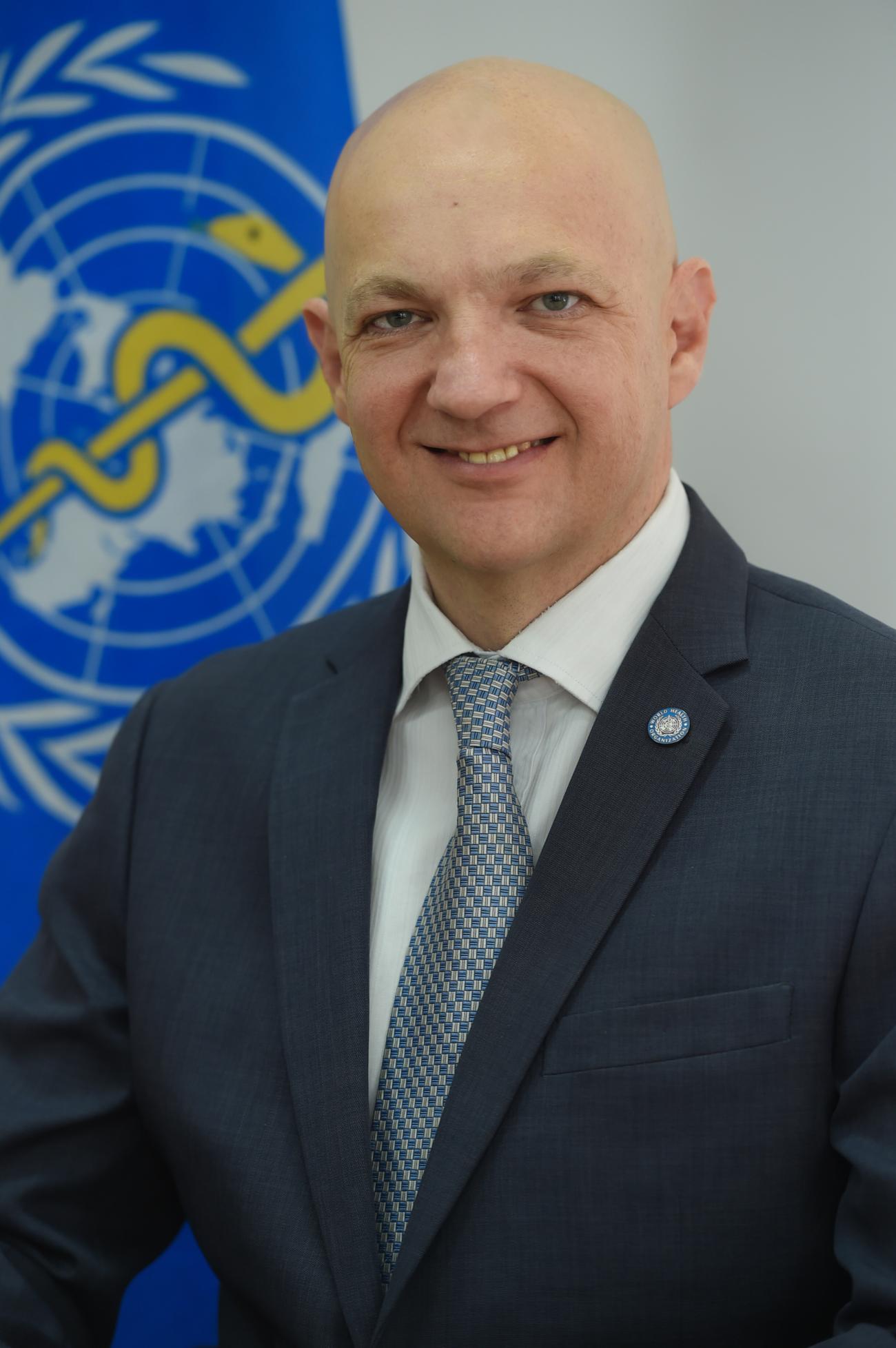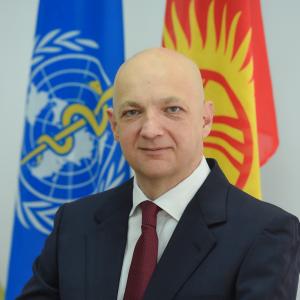Tuberculosis still remains one of the main threats to human health, especially in developing countries, where lack of access to medical services and social programs creates favorable conditions for the spread of the disease.
According to the latest WHO data, 1.3 million people died of tuberculosis in 2022, 10.6 million people fell ill with TB in 2022 and 75 million lives saved since 2000 by global efforts to end tuberculosis.
In Kyrgyzstan, the issue of tuberculosis remains relevant and requires constant attention. Despite significant efforts by the Government and international organizations to combat this disease, the number of tuberculosis cases in the country remains high. This requires further improvement of programs to control the incidence and spread of tuberculosis.
In Kyrgyzstan, we have made some progress in the fight against tuberculosis thanks to national control programs and partnerships with international organizations, medical professionals and civil society. However, much more work is needed to accelerate progress towards the ambitious goals set out in the WHO Tuberculosis Strategy and the Sustainable Development Goals.
In 2023, the incidence of tuberculosis in the Kyrgyz Republic significantly decreased compared to previous years, according to the operational data of the National Center for Phthisiology. 4,183 new cases and recurrences of tuberculosis have been registered, which is 59.9 per 100,000 population. In 2022, this figure was 4,568 cases with an incidence of 65.5 per 100,000 population, and in 2021 - 4,596 cases with an indicator of 68.7 per 100,000 population.
The mortality rate from tuberculosis in 2023 was 2.6 per 100,000 population (182 cases), in 2022 – 2.5 per 100,000 population (176 cases), and in 2021 – 3.8 per 100,000 population (257 cases).
First of all, we must prioritize strengthening health systems to ensure universal access to quality tuberculosis services, including early diagnosis, appropriate treatment and patient-centered care. This requires investments in infrastructure, human resources, laboratory capabilities and innovative technologies for the effective detection and treatment of this disease.
In addition, we must address the social determinants of tuberculosis, such as poverty, housing conditions, malnutrition and lack of access to medical care. Tuberculosis affects the most vulnerable groups of the population to a greater extent, including migrants, prisoners, miners and people living with HIV/AIDS. By addressing these underlying issues, we can create an environment less conducive to TB transmission and support those at risk.
Moreover, we must strengthen efforts to combat drug-resistant tuberculosis, which poses a serious threat to global health security. Kyrgyzstan has made some progress in expanding access to treatment for drug-resistant tuberculosis, but much more work needs to be done to increase the availability of these services and improve treatment outcomes.
However, one of the main challenges is the lack of funding and resources for effective tuberculosis control. Despite the efforts of the Government and the support of international partners, funding for tuberculosis control programs is often insufficient to fully reach the population, especially in remote and poor areas.
It is very important to remember that tuberculosis is preventable and curable. An important achievement is the expansion of access to the diagnosis and treatment of tuberculosis. Thanks to the introduction of new technologies and improved accessibility of medical services, it was possible to reduce the time before the start of treatment and improve the results of therapy. However, it is necessary to continue working to raise public awareness of the symptoms and methods of tuberculosis prevention in order to ensure early diagnosis and timely treatment.
On this World Tuberculosis Day, we call on the Government, international and non-governmental organizations, as well as the civil society sector in Kyrgyzstan to work together to strengthen measures to prevent the spread of tuberculosis, ensure access to quality medical care and raise public awareness of this problem.
Tuberculosis can be defeated only with the joint efforts of all stakeholders. Let's join our efforts and overcome this challenge together!
As the WHO representative in Kyrgyzstan, I stand in solidarity with the Government, medical professionals, civil society and our international partners in the fight against this disease. Together we can build a healthier, TB-free world for future generations.
Dr. Liviu Vedrasco
Representative of the World Health Organization (WHO) in Kyrgyzstan




